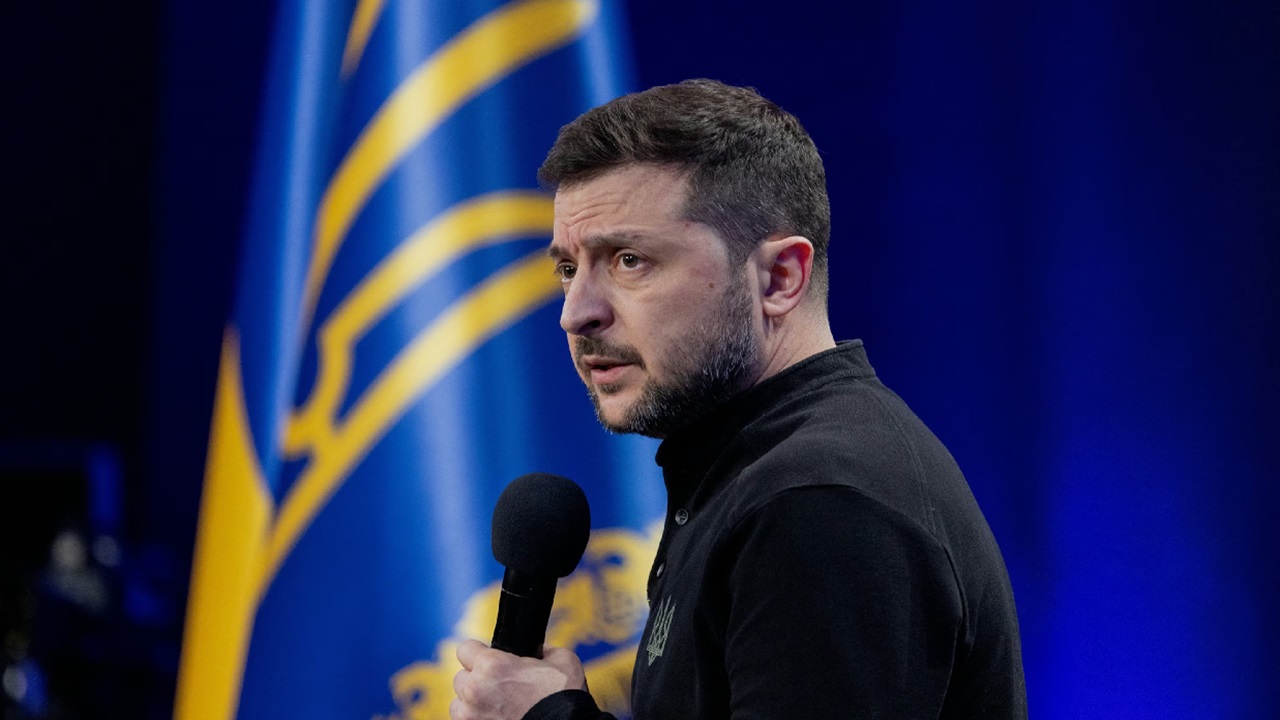A Region on the Edge
The Middle East has once again been plunged into crisis following coordinated US and Israeli airstrikes on Iran’s nuclear facilities. Dubbed Operation Midnight Hammer, the offensive targeted key enrichment sites at Fordow, Natanz, and Isfahan using massive bunker-buster bombs. US President Donald Trump lauded the operation as a “brilliant military success,” claiming it dismantled Iran’s nuclear capability. In response, Iran launched retaliatory missile strikes against Israel, escalating fears of a broader regional conflict.
Amid mounting international concern, diplomatic voices are attempting to navigate the volatile aftermath. Russian President Vladimir Putin, in a crucial meeting with Iranian Foreign Minister Abbas Araghchi in Moscow, strongly criticized the US action while outlining Russia’s stance on the unfolding crisis.
Putin’s Sharp Rebuke of US Action
During the meeting on Monday, Putin denounced the US strikes as “absolutely unprovoked aggression” and “unjustified,” aligning Russia’s voice with Iran’s in condemning Washington’s actions. He emphasized Russia’s support for the Iranian people and called for restraint to prevent further destabilization of the region.
“These actions not only violate international law but also risk igniting a full-scale regional war,” Putin stated. His comments signaled Moscow’s growing strategic alignment with Tehran, particularly in the face of perceived Western overreach in the region.
Russia’s Calculated Neutrality
Despite the strong rhetoric, Putin carefully explained Russia’s decision to maintain a neutral, non-military stance. Speaking at the St. Petersburg International Economic Forum, he pointed to the complex demographic and cultural links Russia shares with Israel, where nearly two million Russian-speaking individuals reside.
“Israel today is almost a Russian-speaking country,” Putin remarked. “This reality significantly influences our foreign policy decisions.” He acknowledged that while Russia values its partnership with Iran, it must balance this with its cultural and humanitarian ties to Israel.
Responding to Critics and Reinforcing Ties with the Muslim World
Addressing criticism over Russia’s cautious approach, Putin dismissed such concerns as “provocative and uninformed.” He reiterated Russia’s long-standing friendship with Arab and Islamic countries, highlighting that 15% of Russia’s population is Muslim. Russia’s observer status in the Organisation of Islamic Cooperation (OIC), he said, reinforces its dedication to maintaining bridges with the broader Muslim world.
Iran’s Position: Retaliation Before Diplomacy
Foreign Minister Araghchi made it clear that Iran will not return to peace negotiations until it completes its retaliatory operations. “Diplomatic efforts have already been destroyed by these strikes,” he asserted, holding the US and Israel accountable for derailing previous talks.
Putin had previously offered to mediate a ceasefire between Iran and Israel. However, this proposal was reportedly mocked and rejected by Trump, underscoring the widening diplomatic rift.
Russia’s Tightrope Walk in a Divided Region
Putin’s comments highlight Russia’s ongoing strategy of diplomatic engagement without entanglement. While vocally opposing Western military actions and reinforcing ties with Iran, Russia is wary of jeopardizing its ties with Israel and broader regional stability.
Moscow appears intent on using its influence not through force but through diplomacy, hoping to position itself as a balancer rather than a belligerent.
Navigating the Eye of the Storm
As tensions escalate between Iran, the US, and Israel, Russia’s response underlines a pragmatic yet principled approach. While condemning what it sees as Western aggression, Moscow is cautious to avoid alienating any side entirely. Putin’s remarks reflect a nation striving to preserve its strategic interests, uphold international law, and play the role of a potential mediator—should diplomacy once again find a seat at the table.
(With agency inputs)








